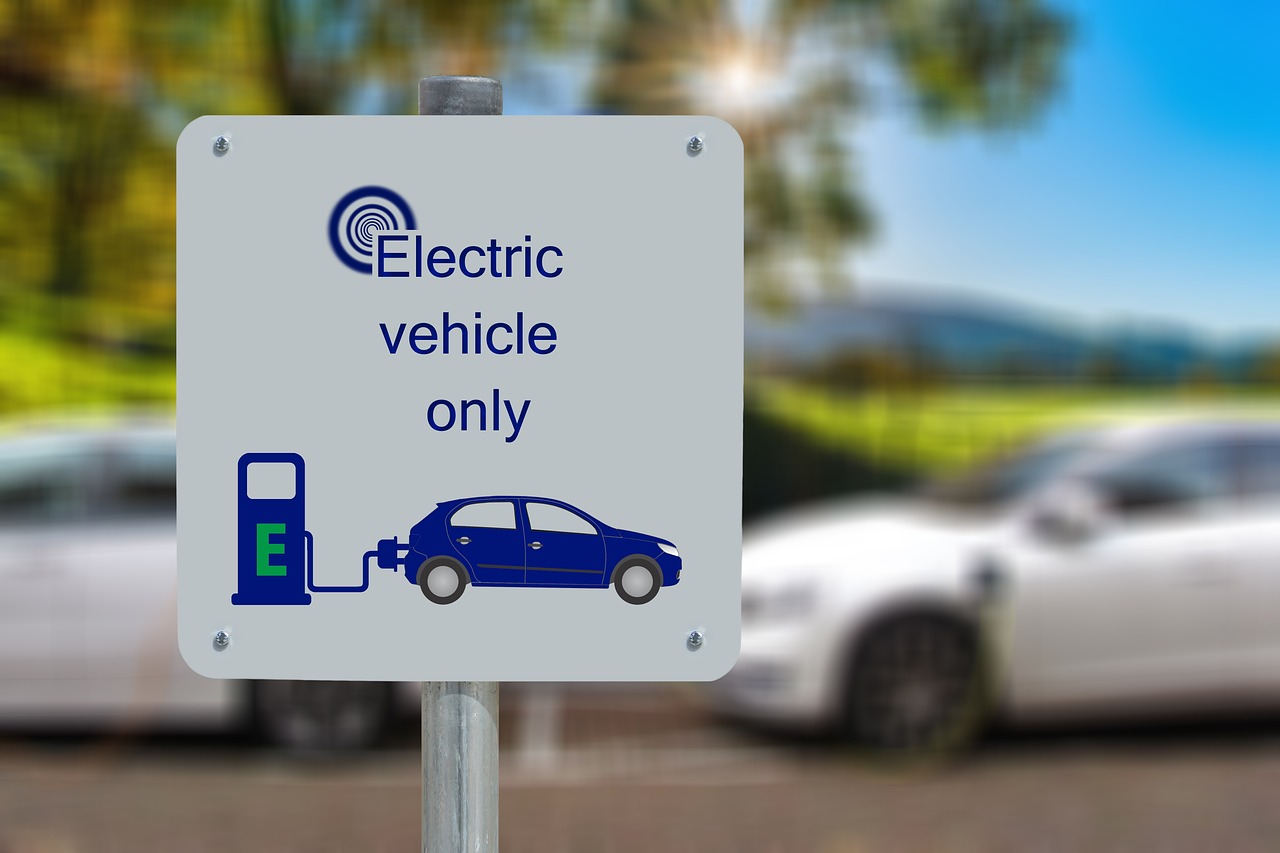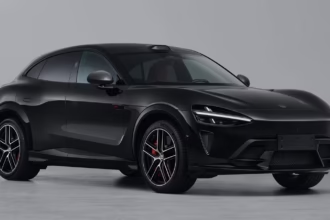Sales rose 28% in the first half of 2025, with China and Europe leading the charge and India showing promising growth
The global electric vehicle (EV) market continues its upward trajectory in 2025, with sales growing by a robust 28% year-on-year in the first half of the year, according to data released by Rho Motion
As of May 2025, 7.2 million EVs have been sold globally, with 1.6 million units sold in May alone, marking a 24% increase over May 2024 and an 8% rise from April 2025.
This surge is being driven primarily by China and Europe, where policy incentives, infrastructure expansion, and consumer demand are aligning to accelerate adoption. In China, EVs now account for nearly 50% of all new car sales, while Europe is on track to reach a 25% EV share by the end of 2025, according to the International Energy Agency (IEA)
The growth is not limited to these regions. The United States has also seen a steady rise in EV adoption, bolstered by federal tax credits and state-level mandates. Meanwhile, India is emerging as a promising market, with urban centers like Delhi, Mumbai, and Bengaluru witnessing double-digit growth in EV registrations. The Indian government’s FAME-II scheme and state-level subsidies are playing a crucial role in this transition.
Globally, the EV boom is being supported by advancements in battery technology, charging infrastructure, and vehicle affordability. Automakers are launching a wider range of models across price segments, from entry-level hatchbacks to luxury SUVs, making EVs more accessible to a broader audience.
Analysts predict that global EV sales could exceed 15 million units by the end of 2025, setting a new benchmark for the industry. This momentum is expected to continue into 2026, especially as more countries implement stricter emissions regulations and phase out internal combustion engine (ICE) vehicles.
The first half of 2025 has clearly demonstrated that the EV revolution is no longer a future trend—it’s a present-day reality. With sustained policy support and technological innovation, the global auto industry is accelerating toward a cleaner, electrified future.






